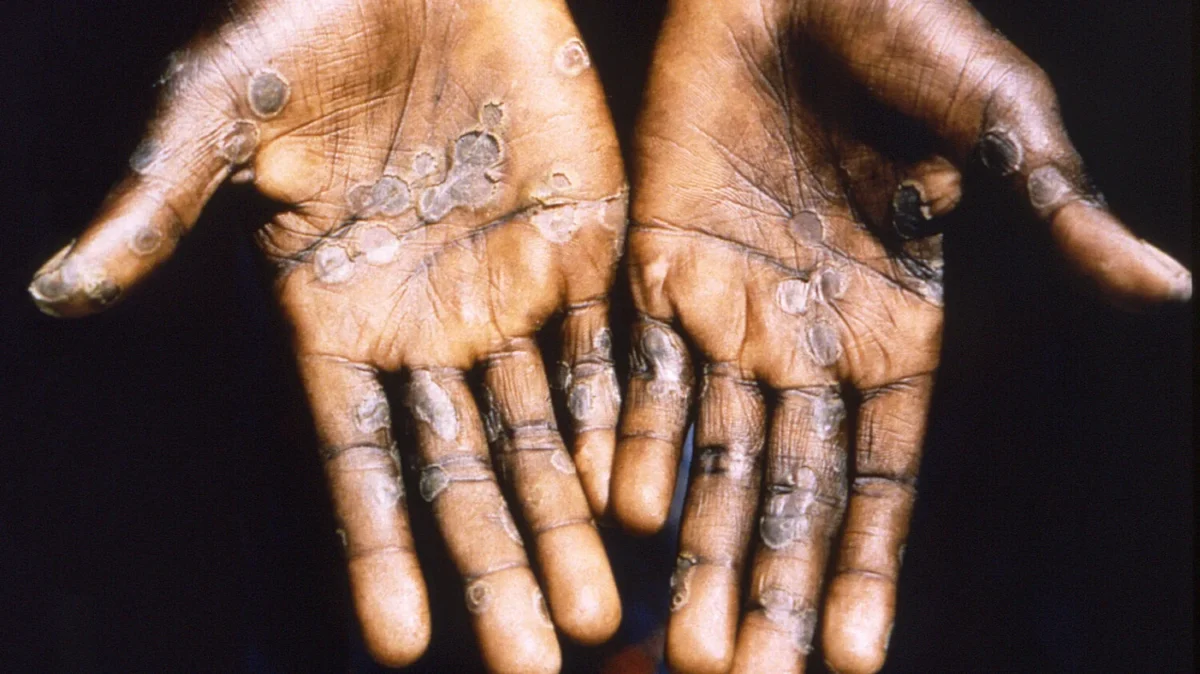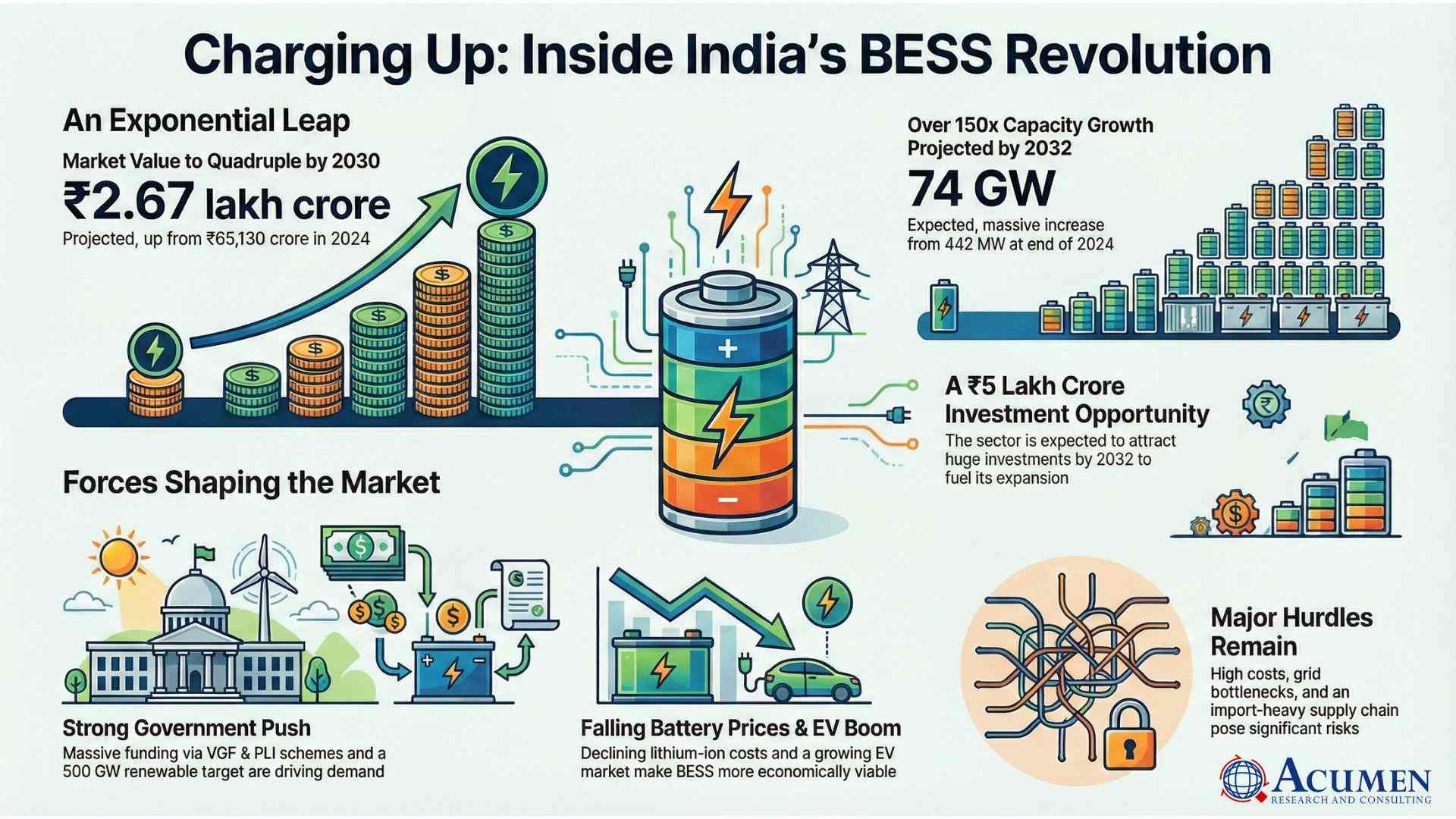In response to a significant escalation of mpox outbreak across the Democratic Republic of the Congo (DRC) and other African nations, the World Health Organization (WHO) has officially declared the situation a Public Health Emergency of International Concern (PHEIC). This designation underscores the urgent need for a coordinated international response to combat the rapidly spreading monkey pox virus, which now poses a global threat.
Mpox Outbreak in Africa: Declaration and Implications
On August 14, 2024, WHO Director-General Dr. Tedros Adhanom Ghebreyesus announced the PHEIC following an emergency meeting of the International Health Regulations (2005) (IHR) Emergency Committee. The decision was driven by alarming data indicating the rapid proliferation of mpox, particularly the emergence of a new clade in eastern DRC and its spread to neighbouring countries. The declaration calls for immediate international action to prevent further transmission and mitigate the public health impact.
Dr. Tedros emphasized the gravity of the situation: “The emergence of a new clade of mpox, its rapid spread in eastern DRC, and the reporting of mpox outbreak cases in several neighbouring countries are very worrying. On top of outbreaks of other mpox clades in DRC and other countries in Africa, it’s clear that a coordinated international response is needed to stop these outbreaks and save lives.”
The Mpox Outbreak: A Growing Concern
Mpox, an orthopoxvirus-related disease first detected in humans in the DRC in 1970, has long been endemic in central and west Africa. However, the recent surge in cases, particularly those involving the newly identified clade 1b, has prompted global concern. This strain, which appears to be spreading predominantly through sexual networks, has resulted in over 15,600 reported cases and 537 deaths in the DRC alone this year—a sharp increase compared to previous years.
The situation is further exacerbated by the detection of clade 1b in four countries neighbouring the DRC—Burundi, Kenya, Rwanda, and Uganda—that had not previously reported mpox cases. Over the past month, more than 100 laboratory-confirmed cases have been reported in these nations, with experts cautioning that the actual number of infections is likely higher due to underreporting and limited testing capacity.
WHO’s Coordinated Response on Mpox Outbreak
In response to the PHEIC declaration, WHO is mobilizing resources and intensifying efforts to curb mpox outbreak across Africa. WHO Regional Director for Africa, Dr. Matshidiso Moeti, highlighted the ongoing collaborative efforts with communities and governments to reinforce public health measures. “Significant efforts are already underway in close collaboration with communities and governments, with our country teams working on the frontlines to help reinforce measures to curb mpox outbreak. With the growing spread of the virus, we’re scaling up further through coordinated international action to support countries bring the outbreaks to an end,” she stated.
Key Elements of the WHO Response Include:
- Vaccine Deployment: WHO’s Strategic Advisory Group of Experts on Immunization has recommended the use of two vaccines, which have also been approved by national regulatory authorities in Nigeria and the DRC. To expedite vaccine access in lower-income countries, the Director-General has initiated the Emergency Use Listing process, enabling global health partners such as Gavi and UNICEF to procure and distribute vaccines.
- Funding and Resource Allocation: WHO anticipates an immediate funding requirement of $15 million to support surveillance, preparedness, and response activities. An initial $1.45 million has already been released from the WHO Contingency Fund for Emergencies, with further disbursements expected as the situation evolves.
- International Collaboration: WHO is coordinating with vaccine manufacturers, donor agencies, and international health organizations through the interim Medical Countermeasures Network. This network aims to ensure equitable access to vaccines, therapeutics, diagnostics, and other critical tools necessary to combat the mpox outbreak.
The Global Implications
Professor Dimie Ogoina, Chair of the IHR Emergency Committee, expressed deep concern over the potential global impact of the current mpox outbreak. “The current upsurge of mpox in parts of Africa, along with the spread of a new sexually transmissible strain of the monkeypox virus, is an emergency, not only for Africa, but for the entire globe. Mpox, originating in Africa, was neglected there, and later caused a global outbreak in 2022. It is time to act decisively to prevent history from repeating itself.”
The declaration of a PHEIC signals to the international community the necessity of heightened vigilance and concerted action. The recent history of mpox, including the 2022 global outbreak, underscores the virus’s capacity to spread rapidly and widely if not effectively contained.
Conclusion
The declaration of mpox outbreak as a Public Health Emergency of International Concern by WHO marks a critical juncture in the global response to the virus outbreak. With the potential for further spread beyond Africa, the international community must rally together to implement robust public health measures, ensure equitable vaccine distribution, and provide the necessary resources to combat the mpox outbreak. Failure to do so could result in a significant public health crisis, not only for Africa but for the world at large.



